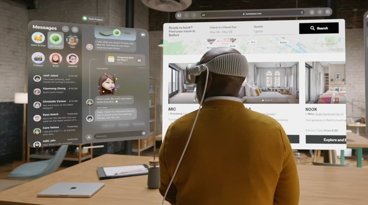Amazon one-ups iTunes Plus with MP3 store, exclusive music
Posing one of the more serious challenges to Apple's continued success with iTunes, Amazon's MP3 store has opened its doors and claims more unprotected tracks with lower prices.
While the concept of an MP3-only download store is far from new, the online retailer was keen to stress that its service was designed to lure users accustomed to the ease of use of stores built into music software, particularly iTunes. A custom program known as the MP3 Downloader runs in the background for both Mac and Windows users and seamlessly transfers songs bought from Amazon MP3 into either iTunes or Windows Media Player if they are present on the system, the company said.
But the real attractions may be the price and the catalog. Although every song is encoded at higher quality as an MP3 at 256 kilobits per second — as high as Amazon's rival Wal-Mart and slightly behind the 256Kbps AAC files of iTunes Plus — songs are no more expensive than at most stores, selling for 99 cents each. More than half of the music in the collection sells for 89 cents per song, according to Amazon. In contrast, an iTunes Plus song costs $1.29 when bought outside of an album, or more than 40 percent higher.
And though Amazon MP3 launched with just a third of the total songs, cresting at 2 million versus the 6 million of iTunes, the company was able to claim a greater number unrestricted tracks through a deal with Universal Music Group that saw the label's entire catalog on sale in MP3 format.
According to a previous report by Electronista, Universal had negotiated deals during the summer with Amazon, Wal-Mart, and other online music stores to sell its collection in unprotected formats for several months and test the success of DRM-free tracks. The deal was notable at the time for excluding Apple, which Universal claimed was a "control" in an experiment.
Amazon may have gained the advantage due in part to its flexibility in negotiating rare album deals. Among other artists, the Seattle, Washington-based firm has successfully obtained the rights to sell downloads from the British rock group Radiohead — a band well-known for publicly refusing to allow its songs to be sold individually, insisting that customers instead buy the full album. Amazon MP3 sells all the group's albums and singles only in complete form and appears not to share Apple's highly-publicized insistence that every average-length song be available for a separate purchase.
In spite of the seeming advantages, however, Amazon's prospects for growth are less than certain after the launch. To date, neither Sony-BMG nor Warner Music have agreed to sell their catalogs without copy protection. Universal's DRM-free experiment is also set to end in January and may reduce Amazon's catalog substantially if the major label believes there to be little advantage to removing DRM from its digital library.
 Katie Marsal
Katie Marsal

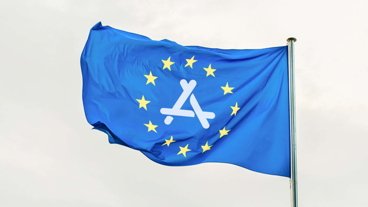

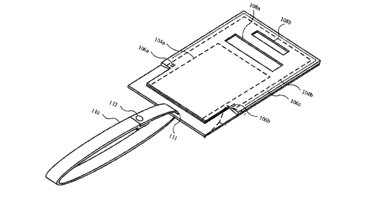






 Wesley Hilliard
Wesley Hilliard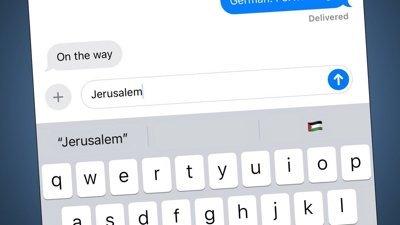
 Malcolm Owen
Malcolm Owen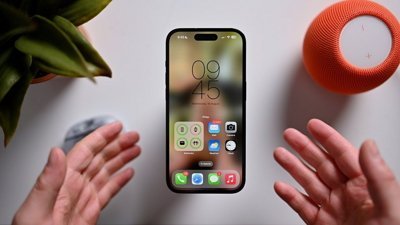
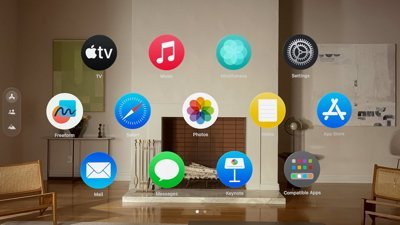
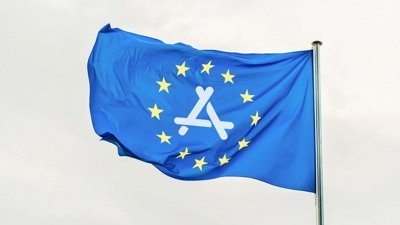
 William Gallagher
William Gallagher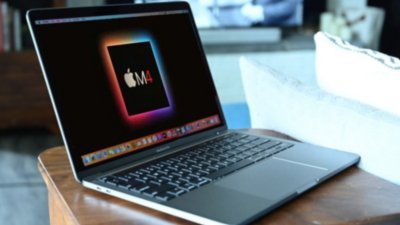
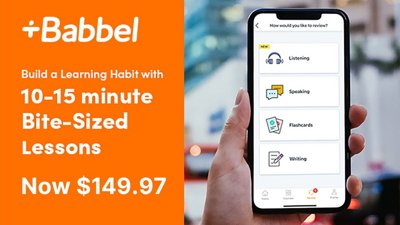
 Christine McKee
Christine McKee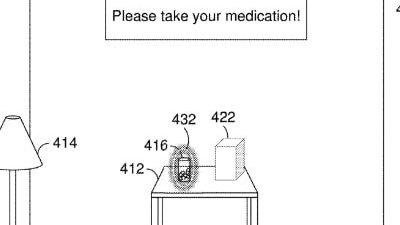
 David Schloss
David Schloss

